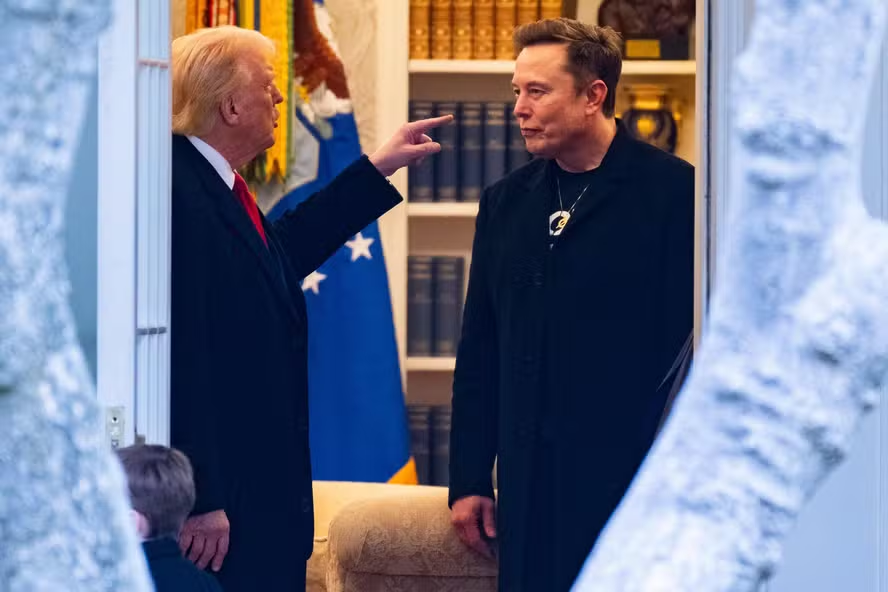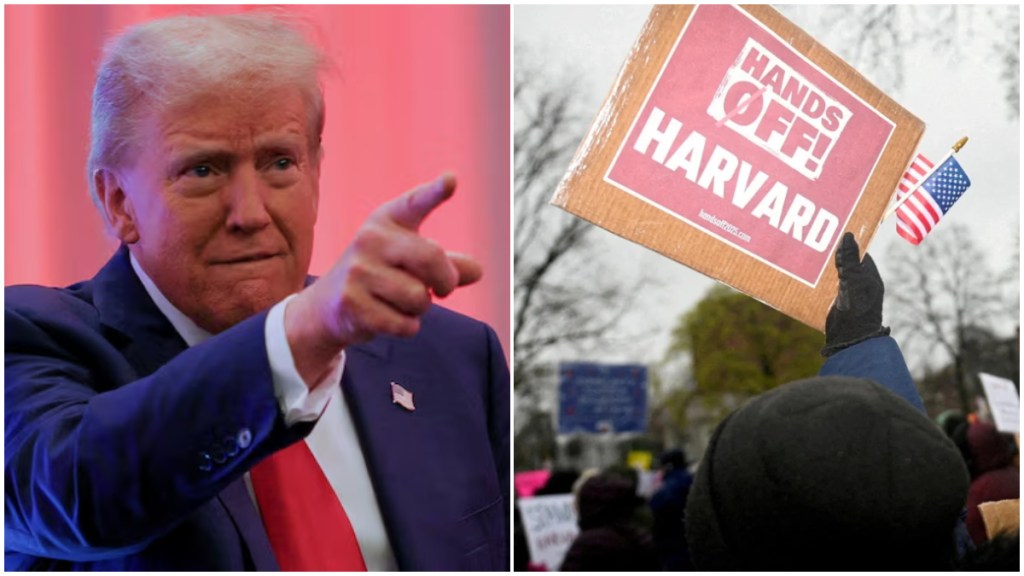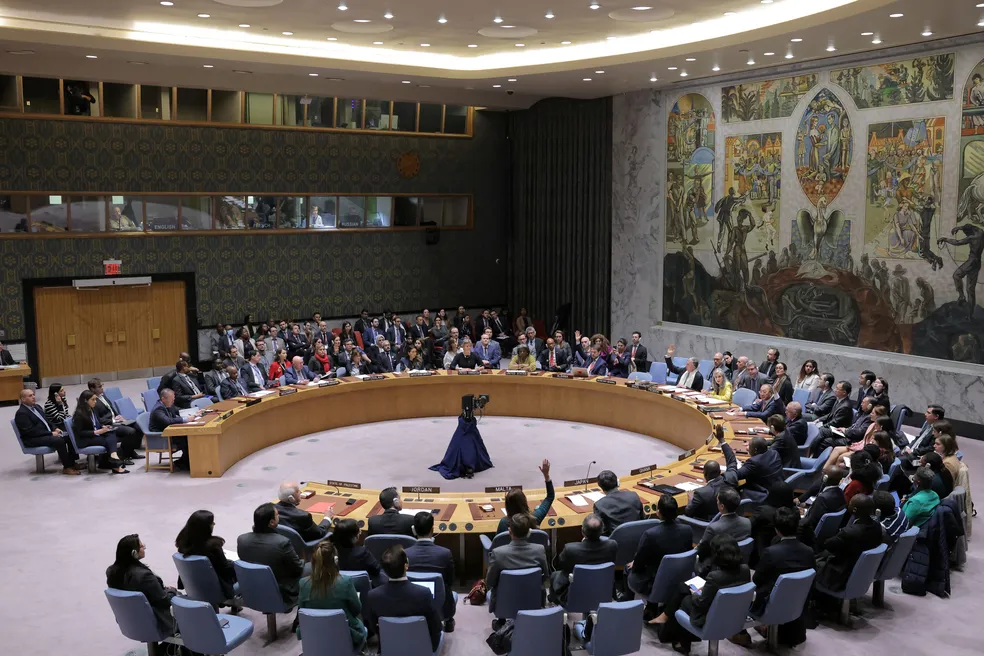How the president and his family tread the same path that brought the population’s hatred of the Russian imperial family
Amid the global pandemic of the new coronavirus, growing economic uncertainties throughout the world, the peculiarity of the Brazilian chief executive’s handling of the crisis has stood out in the daily news.
Jair Bolsonaro, Brazil’s first self-proclaimed right-wing president in over a decade, seems to be giving in more and more to insanity in this early 2020s. As if the 2019 horror circus were not enough, tragically dominated by his and his ministers’ controversial lines, the coronavirus has added a bitter spice to the Bolsonaro government.
Already a few months after the passing of the presidential sash, the first not so staunch voters of the president began to show discontent with his government. The group has been growing to the point that, at the beginning of this year, even some of the most fervent seem to be starting to turn against some of the “strangest” measures.
The continuous nonsensical speeches, far from reality, constant fights with regions of the country, and now openly against governors of the most important states of the country make a flea arise in the heads of some “Bolsonarists”. Not enough to have officially brought more than twenty people infected with the new virus (so far) after his visit to the USA, the president has called, uncalled, and participated in protests against Congress, disregarding his own isolation due to the risk of having been infected, putting the population at risk of spreading the new disease even more.
On the evening of 24th of March, the president made a very brief statement on the national network that broke a record for the most nonsense per minute that a head of the Executive has ever spoken in the history of this country. It is already known that the economy is the priority of the Bolsonaro government to the detriment of the health of the population – as lines from the Economy Minister and the president himself have already hinted. In his pronouncement, however, Bolsonaro crosses any line of ponderation that could be drawn in his government and commits almost a crime against common sense and calls on the population to end the confinement – while speaking that the spread of the virus should be avoided.
Bolsonaro’s behaviour, as well as that of members of his family – not to forget the diplomatic incident caused by his son with the government of China -, makes one think about the last Russian imperial family at the beginning of the 20th century.
The Romanovs who ruled sovereign over imperial Russia for 300 years met a tragic end, murdered at the hands of communist revolutionaries on 17th July 1918. Tsar Nicholas II, however, was not only the victim of horrendous “free” butchery. Various measures taken by the emperor, along with the empress’s neurosis and the scandal of the presence of the promiscuous mystic Rasputin, led to the fall of popular taste for the imperial family long before the Bolsheviks came to power.
Nicholas II ascended the throne in 1894 and between that year and the year of his assassination, 24 years later, he made a government that threw the reputation of House Romanov into the mud. As the Encyclopædia Britannica spells out, Nicholas was surrounded by advisers who painted a distorted picture of life in the country and “distrusted his ministers, mainly because he felt them to be intellectually superior to him”. Thus, the emperor kept all the country’s power in his hands as long as he could. The newly created legislative body, the Duma, which was supposed to rule alongside the emperor, was commonly sidelined and disregarded by Nicholas.
He became involved in wars and collected losses like in the Russo-Japanese war of 1904-5 which earned him a revolutionary movement – which was harshly oppressed by the emperor. Those who opposed him were considered conspirators. Protests in 1905 against the government were answered with a massacre by the imperial forces. In order to hide the influence that the mystical pseudo-priest Rasputin had over him and his wife, Nicholas interfered in the Russian Orthodox Church, bringing reactionary discontent to bear.
In 1914, with the outbreak of the First World War, Nicholas took Russia into the conflict and, distrusting his ministers, took the reins of the army – a decision that was costly to him. At one point, control was even in the hands of Tsarina Alexandra, whose paranoia and Rasputin’s influence caused several technical ministers to be ousted and only people who did not disagree with the empress to hold the nation’s top posts.
Popular discontent with the imperial family’s excesses, coupled with the devastating war situation, sparked new protests in the streets of Petrograd (now Saint Petersburg, the country’s capital at the time) and fuelled popular interest in communism. Once again, Nicholas’ orders were to maintain order, but the Duma and the army took a strong stand against the emperor’s lack of control and made him resign. In February 1917 – or March by the Western calendar – the revolution caused the Russian monarchy to fall and the imperial family to be arrested. A year from then, Nicholas, his wife and daughters and son were murdered in a basement in a house in the countryside.
The lessons that can be drawn from the tragic rule of Nicholas II are that estrangement and denial of reality, misgovernment and scandal caused the 300-year reign to collapse and give way to chaos.
Clearly, there is no attempt to associate the Bolsonaro with a secular dynasty, although the president did behave like one at the enthronement of the new emperor of Japan late last year. But the similarities are remarkable when it comes to the denial of reality and the entourage of fanatics and “minions” of the current government. Allies who abandoned the president are now personal enemies of his family and legion of his most ardent followers.
It is not known whether Nicholas believed in the flat Earth or the “hoax” of vaccines. But it is apparent that the fake news of his time surrounded his immediate surroundings, which made him not see the situation of his country as it really was, and he was contemptuous of popular discontent. His fall was tragic.
Movements against the president are already beginning to take shape, bringing back even the famous “panelaços“, which were symbolic in the downfall of former president Dilma. Impeachment is a word that comes back to haunt the Planalto and the most ardent defenders of the position. The president’s denial of the facts, however, is so absurd that it makes some believe that, in fact, this is the intended result.
There are those who say that the coronavirus may help the president in his government, serving as a “scapegoat” for his lame economic measures and a government that borders on complete disservice. On the other hand, there are those who look at the current events and see that this is the moment that marks the beginning of the downfall of the Bolsonaro government. The doubt, however, hangs: would it be possible to take it out? The same questioning can be maintained for 2022: if Bolsonaro lost at the elections, would he leave? The impeachment movement that has taken shape is not the same as those of 1992 and 2016. There is a big difference that is represented by the figures of “a soldier and a corporal”.



